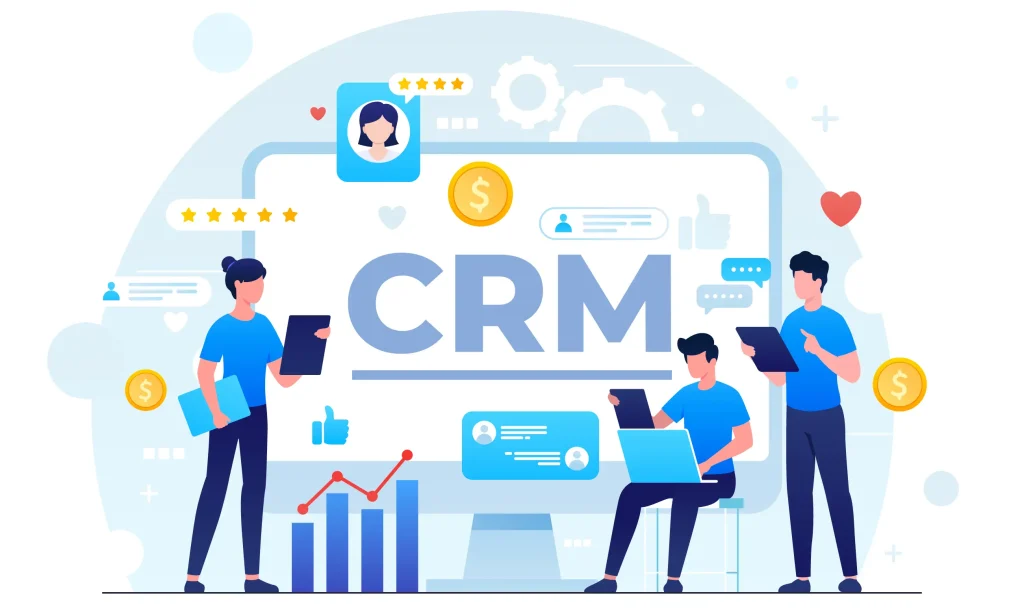Implementing the right CRM system is essential for businesses looking to enhance customer relationships and teamwork. According to Tech.co, 91% of companies with more than 11 employees use a CRM system, as it can increase conversion rates by up to 300%.
The distinction between Mobile CRM and Traditional CRM can be confusing, but each has its own advantages that cater to different business requirements.
Mobile CRM offers flexibility, allowing team members to access information from anywhere at any time, which is crucial for mobile or remote teams.
On the other hand, Traditional CRM provides a structured, detailed approach to customer data management, ideal for larger teams that engage in face-to-face interactions with customers.
This article will guide you through the key differences to help you choose the CRM system that aligns with your business goals.
Mobile CRM provides a high level of flexibility to teams, enabling them to access customer data from smartphones or tablets. It is designed for field teams and remote staff to have immediate access to key client details, sales updates, and communication records on the go.
A mobile app development company often utilizes Mobile CRMs for tracking project updates and client feedback instantly. Key features typically include:
- Data Access on-demand – Instant access to customer information during meetings or calls.
- Real-Time Updates – Sharing and viewing updates in real-time with the team.
- Follow-ups or Important Events – Push Notifications for alerts on follow-ups or important events.
Mobile CRMs are user-friendly and suitable for smaller businesses or teams that require agility and quick access to data in dynamic environments where traditional office-based CRMs may not be feasible.
A Traditional CRM, accessed primarily from desktop computers, focuses on client business rules to centralize and manage client data. Unlike Mobile solutions, Traditional CRMs are suitable for office environments where teams have secure access to detailed information and comprehensive reporting tools. These systems are relied upon by large organizations with complex processes to handle significant data volumes and customer interactions.
Traditional CRMs offer advanced customization options, allowing businesses to tailor data fields, workflows, and reporting tools to specific use cases. They are often integrated with critical business systems like inventory management or billing software for easy data pulling and analysis from various sources.
While Traditional CRMs are more complex to set up and maintain, they provide comprehensive features for companies seeking long-term customer relationships and deep client interactions.

When choosing between Mobile and Traditional CRM, consider the flexibility, accessibility, customization, integration options, cost, and maintenance factors to determine the system that best fits your business needs.
Mobile CRMs offer flexibility and accessibility, allowing teams to access customer data from any device, anywhere. They are ideal for businesses requiring remote access and quick data updates. Traditional CRMs, on the other hand, are suited for larger organizations needing customization, integrations, and detailed reporting capabilities.
Ultimately, the choice between Mobile and Traditional CRM depends on your team’s requirements, work style, and long-term goals. Mobile CRMs offer flexibility and quick access, while Traditional CRMs provide comprehensive customization and integration options. Assessing your team’s daily tasks and how each CRM aligns with your business structure will help you make an informed decision for enhanced growth and efficiency.